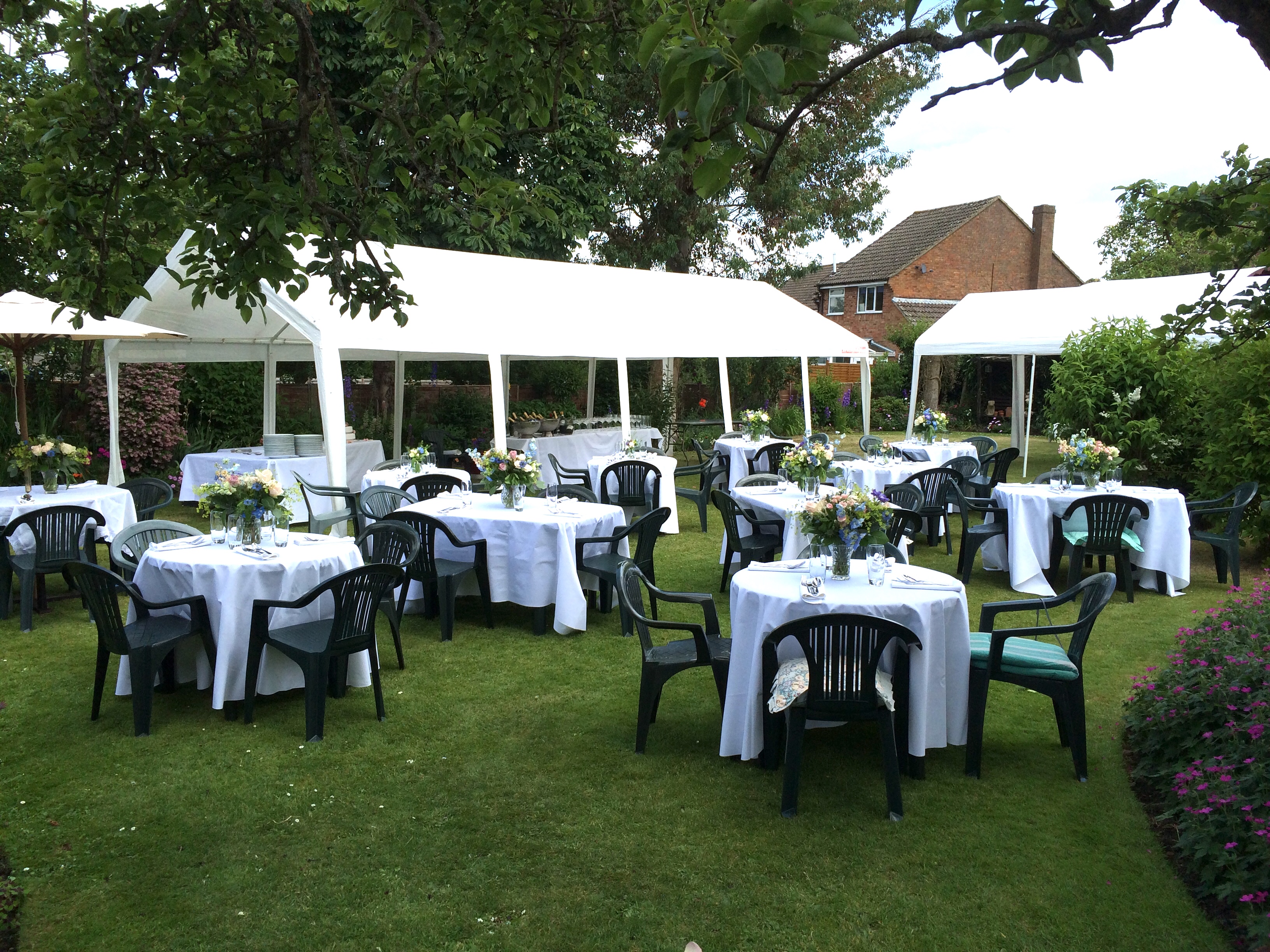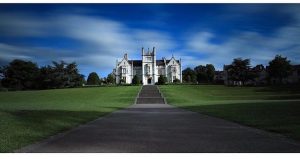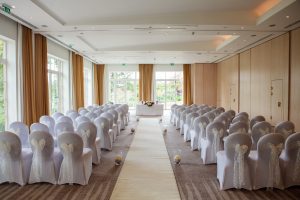The Ugly Truth About Gay Weddings

Same-sex or gay weddings have been legal in the UK since 2014. However, legal doesn’t always mean open, accepting and welcoming. Homophobic comments, unconscious bias and discrimination are all still alive and kicking in the UK wedding industry.
This topic is very close to my heart, and something that really riles me, I built my business for the sole purpose of breaking down these barriers – the ugly truth around planning and booking your gay wedding.
Gay weddings.
Why do we call it a gay wedding? It’s just a wedding. It’s something that is still developing and changing in our culture and the right to weddings is still being contested and fought for the world over.
We recently conducted a survey of LGBT+ couples that had been married in the last couple of years, I’ll run through some of those shocking results and experiences with you and then we’ll speak about some top tips and ways that you can try to avoid some of these problem areas, and make your wedding planning experience pleasurable without any underlying prejudices.
You would think in this day and age that most people are on board with the idea of same sex marriage, especially as the law changed and now we can use the ‘M’ word, no longer civil partnerships necessarily, but can be marriages. Same-sex couples can get married, but there are still venues and suppliers that are struggling with the concept of same-sex weddings.
All the couples we interviewed as part of our study stated that they experienced some sort of homophobia and uncomfortable awkwardness during their wedding planning experience.
100%, that’s huge, right?
Some of the respondees to our survey said that they spoke to venues that have never held a same-sex wedding and never had anybody from the LGBT+ community come to them about an LGBT+ wedding. That’s shocking too, don’t you think?
 Man, woman, other?
Man, woman, other?
Let’s not get started on the non-gender-neutral booking forms and language that venues particularly, but suppliers as well use. Everything is listed Husband and Wife or Mr. and Mrs. It’s not Spouse. It’s not Client One or Two. This is still in 2018 people. Why have we still not got to grips with having gender neutral booking forms? Venues and suppliers are missing out on big business by using this subtle and felt bias.
We even had couples saying suppliers and venues cancelled their booking once they found out that it was a same-sex marriage. One couple had the venue and the suppliers for their cake put up the prices because they knew that it was a same-sex marriage. That’s atrocious.
What strategies can you use to avoid awkward conversations?
You could use a company like ours. We pre-vet all our suppliers and venues so we know when we send clients over, that they are going to get a warm response. They are going to get gender-neutral language, and we’re working with these companies to try and promote their openness and their support for the LGBT+ community and weddings. They’re using same-sex couples in their marketing, and they’re really making sure that they’re not offensive or off putting in any way, shape or form. They are investing in order to capitalise on the £18billion pounds available in the next 15 years.1
How do you as a couple deal with this issue?
Although we agree, it’s not right necessarily, the best way to deal with venues and suppliers is to make it very clear from the outset who you are as a couple and what your makeup of your relationship is. For example; you might get in touch with a venue, by email and you might say,
“Hi, my name’s Lorna and my fiancée, (with two e’s) and I would like to come and visit you next Friday and have a look around. We’re interested in holding our marriage with you.”
Towards the end of the email I might write, “Kindness Regards, Lorna and Sarah”, this is not ambiguous in any way, shape or form. The recipient knows from the outset that we are two females looking to marry each other and they can respond appropriately. It gives their events team a heads up and they know what they’re expecting, and I would expect that they adapt their language appropriately.
If they don’t and they continue to make you feel awkward or when you arrive there or you both presenting is a big shock, I would seriously reconsider whether to have my wedding at their venue.
You could also ask your wedding venue or supplier whether they have conducted or been involved in any other same-sex marriages. Have they got images, testimonials or references? This should be a big indicator to the venue that you’re interested, but also, you’d like to know what their experience is around handling the LGBT+ community and the needs, wishes and wants of our couples.

If you get sent through a form and it says, Name of the Bride, Name of the Groom, it’s up to you whether you push it back to them and say, “Please can we have a gender-neutral form or whether you fill your details in. But maybe have a chat with the events planner at the venue and say, “I suggest that you get a gender-neutral form for when you’ve got LGBT+ couples”. They might really appreciate that tip. We can but ask, and we can but strive for change. It’s quite a bold move and it’s not for everybody, but if you’re feeling like it, let’s try and make a difference.
A top tip – if you have preferred pronouns, it’s a good idea to include them,
“Kindest Regards, Alex and Sarah. Preferred pronouns, she/her and she/her”.
It helps the venue understand what you prefer to be called, what you prefer to be known as and just clears up any awkwardness and misunderstanding from the outset. Again, it’s a shame that we should have to do this, but it does makes for smoother sailing and further down the line.
Again, if you get any push back from a supplier or a vendor when you spell out your relationship that clearly, then I would seriously consider whether you’re going to part with a significant amount of money and do business with them.
Thanks for reading, please do pass this on if you feel any couples planning their wedding or, venues and suppliers who will find it useful. This is an uncomfortable topic, but it does need to be talked about. It does need to be aired and I hope you can use some of those strategies to try and remove that uncomfortable awkwardness before you even get involved in face to face meetings.
 For more tips and ideas head over to our website or on Facebook and Instagram and get involved in the community.
For more tips and ideas head over to our website or on Facebook and Instagram and get involved in the community.
If there are any venues who would like tips on how to be more appealing to the Community, we offer a service and can review your booking procedures and your policy documents, as well as staff training from Board level to Front of House.
Please do get in touch.


0 Comments